This article originally appeared in the Fall 2022 issue of the Ontario Medical Review magazine.
What is the future of health care over the next decade?
As the Ontario Medical Review marks its centenary, representatives from the Ontario Medical Association’s medical sections were asked to describe their hopes for the future of health care, and how their practices are evolving to meet that vision.
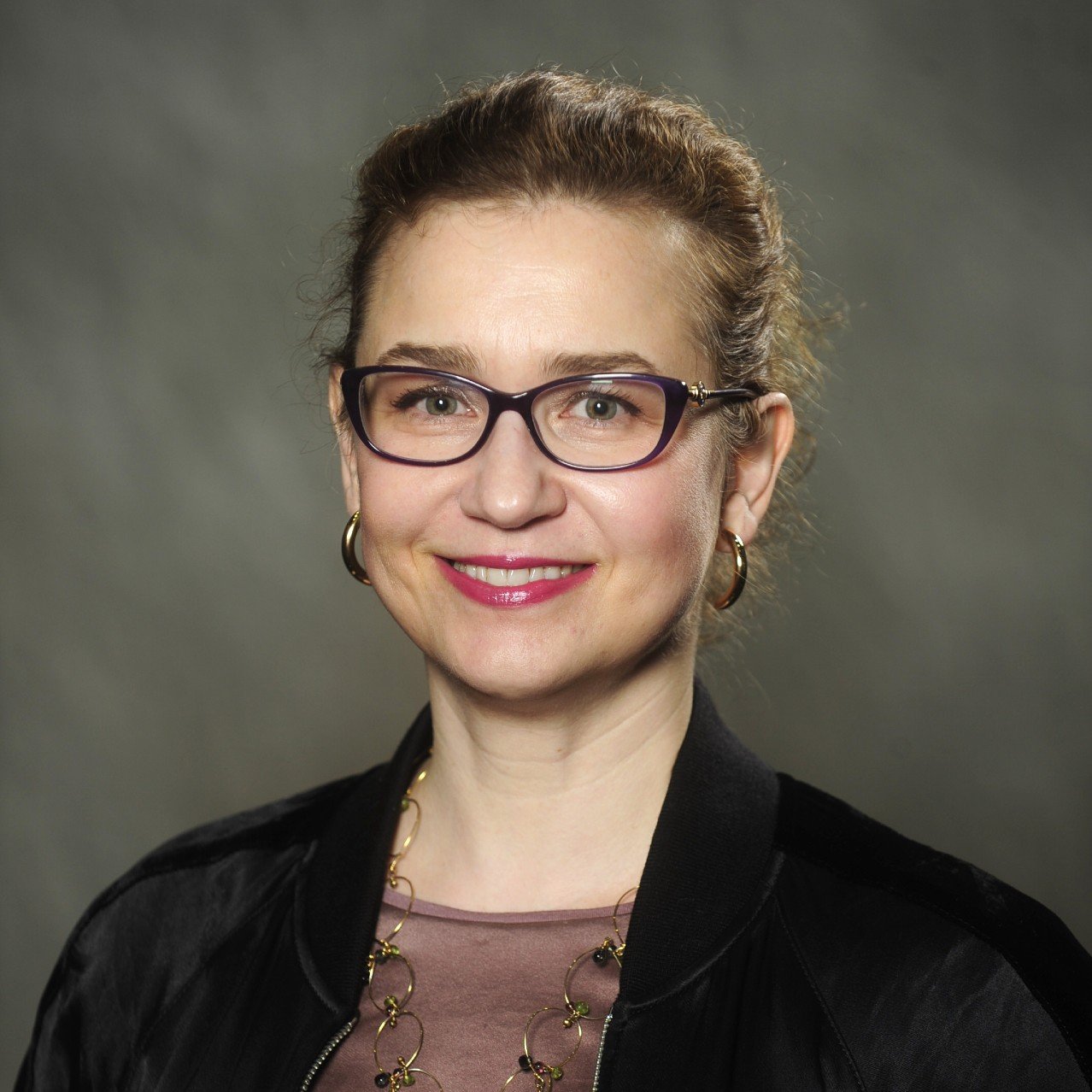

“I hope that the importance of occupational health is better recognized among health-care providers in the future. A significant proportion of medical conditions are either caused by work, aggravated by work or interfere with work. The work-health interface needs to be explored during clinical encounters to identify these important links, facilitate diagnosis, eliminate harmful workplace exposures before the onset of permanent impairment, and/or promote appropriate work accommodation. Unfortunately, occupational history is often either not taken by physicians or not fully explored. In part, this is because it is time-consuming and poorly compensated. Historically, there have been no occupational-medicine-specific fee codes. Our section has been advocating for the introduction of new fee codes for taking an occupational history and for providing occupational medicine consultations as one step toward a better recognition of our specialty and a greater integration of occupational medicine into clinical practice.”
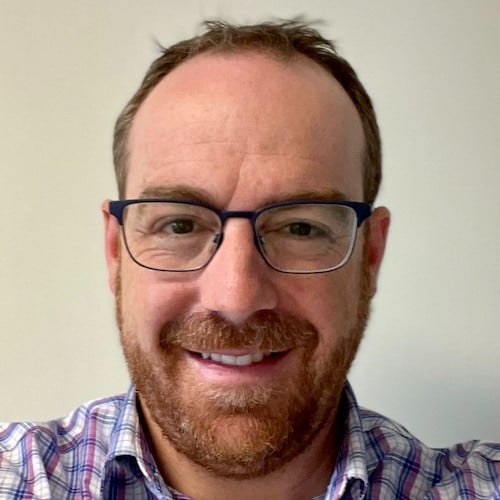
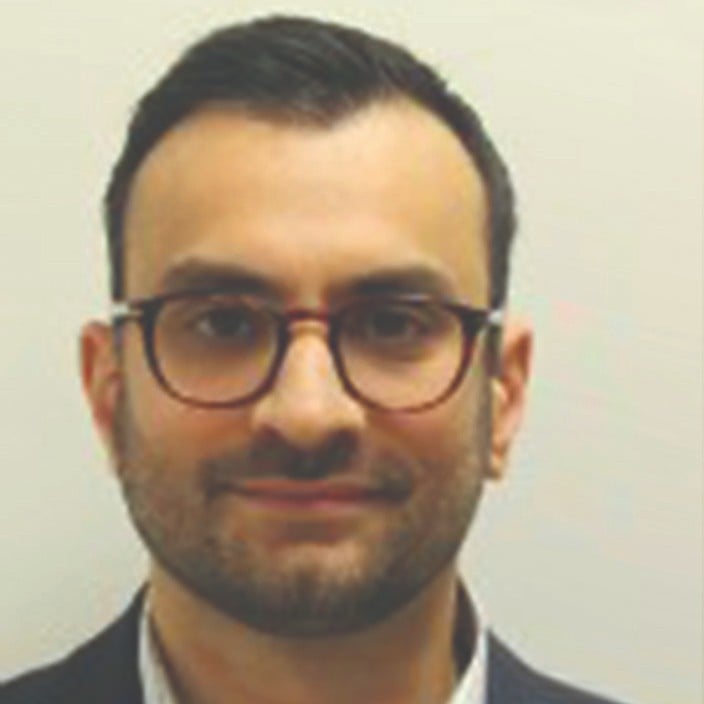
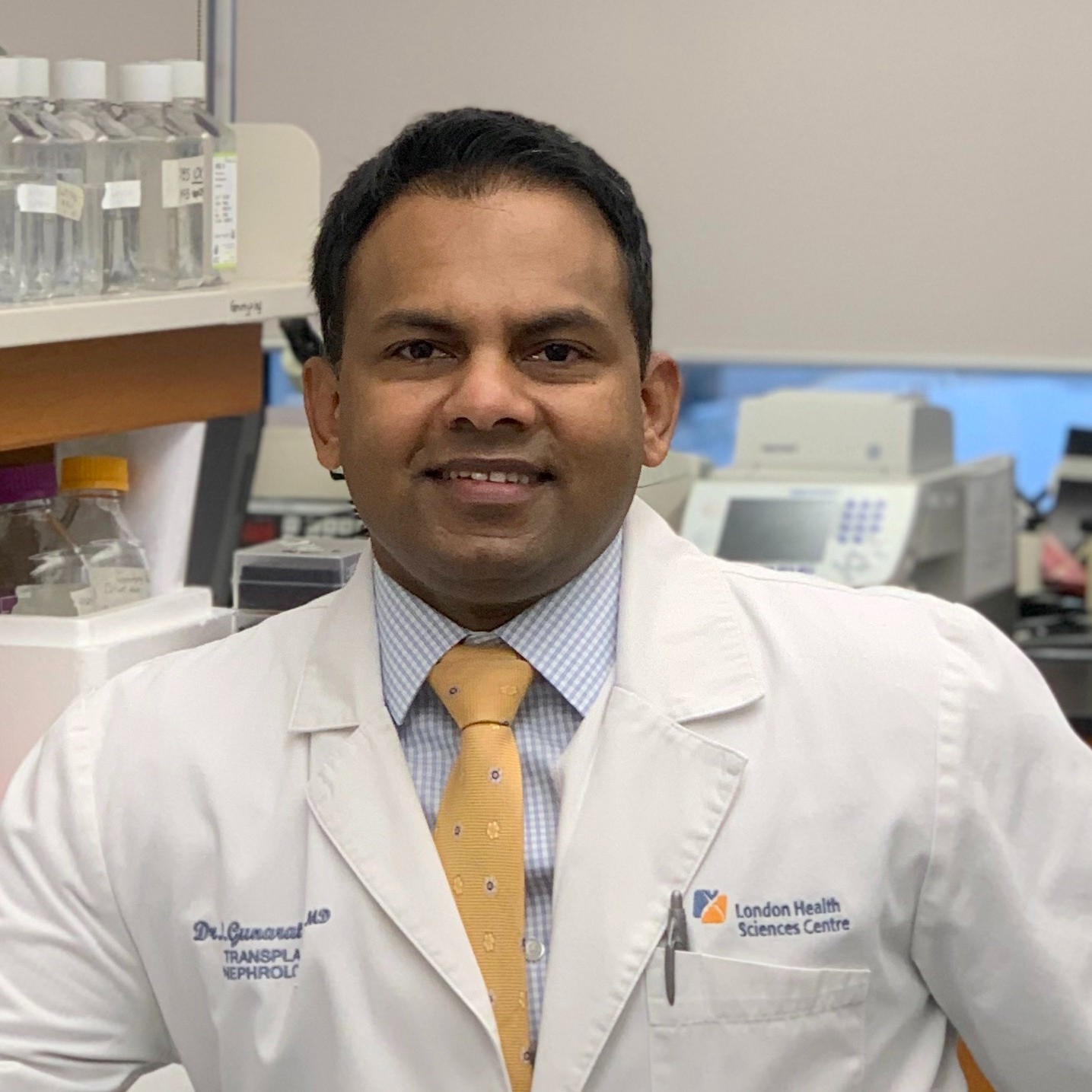
(Left to right) Dr. Pierre Antoine Brown, Vice-Chair, Dr. Varun Dev, Secretary/Treasurer, Dr. Lakshman Gunaratnam, Chair
“As nephrologists in Ontario, we hope to see provincial health systems fully integrate emerging digital technologies into patient care pathways to enable more informed decision-making. Access to high-level patient data available at our fingertips would be transformative. Such information could help improve the kidney health of Ontarians but would also provide more effective and efficient care for those living with kidney disease. Historically, health care has lagged in innovation. With the major advances being made in technology, we need to work together to act boldly to integrate these advances and bring the patient back to the centre of their own care, so that our health-care system and patients can fully benefit from this progress.”
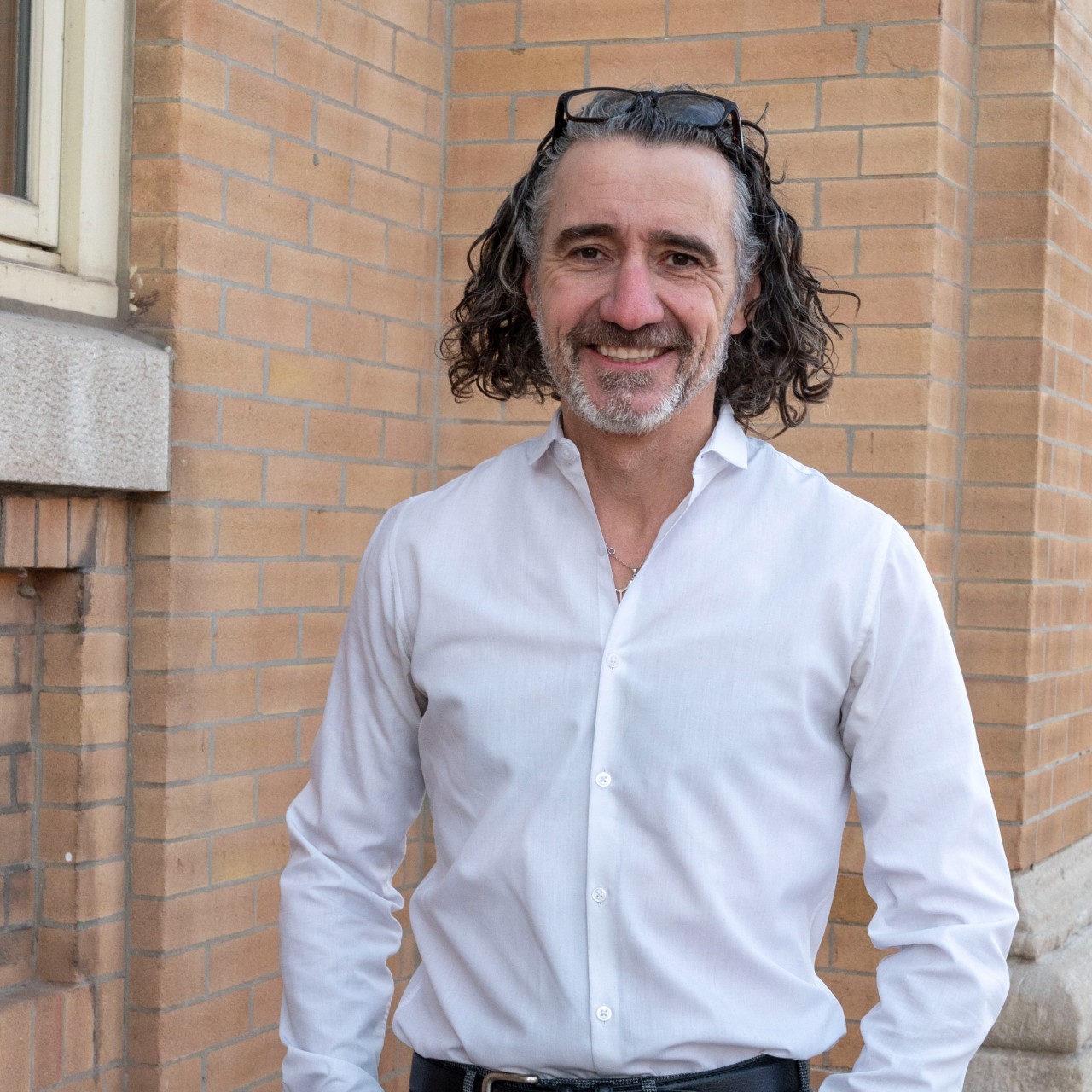

“Ontario is facing an unprecedented opioid epidemic that has touched the lives of almost everyone in the province. Over the past decade, there has been a tragic increase in illness, hospitalizations and unnecessary deaths among our young people. Our addiction doctors provide exceptional service to patients, many of whom are marginalized, where and when they need it. Our hope for the next decade is that the government embraces the OMA’s Prescription for Ontario: Doctors’ 5-Point Plan for Better Health Care. It recognizes the importance of physician-led care and identifies improvements in funding and support for mental health and addiction services in the community, so we can provide the help our patients need.”
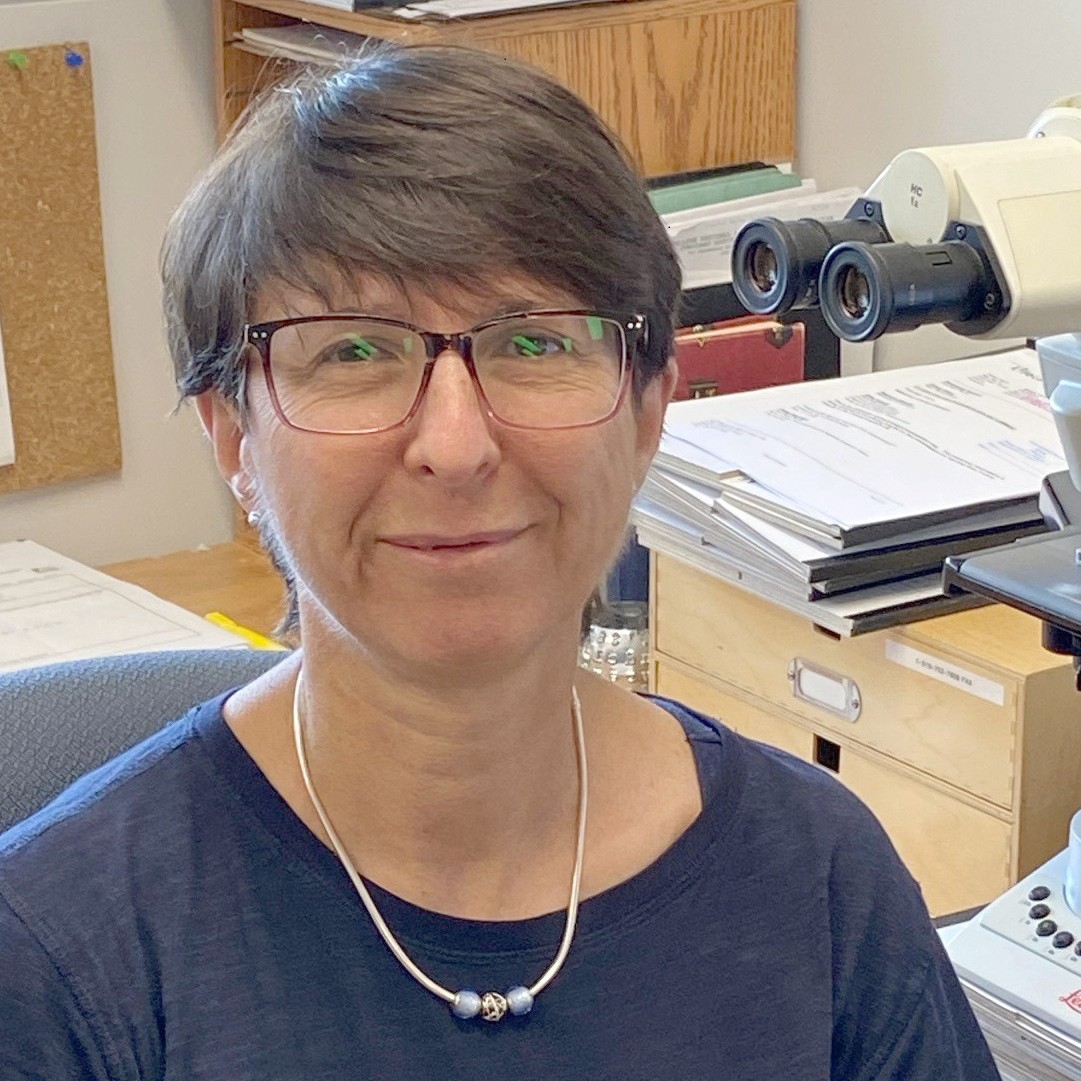

“As laboratory physicians, we envision health care becoming even more personalized to the needs of the patient over the next decade, reinforcing the critical role that laboratory medicine plays in the delivery of quality patient care. We already see our practice moving in this direction with the advancement of molecular testing for targeted therapies as well as new technologies, such as digital pathology and artificial intelligence. Our key focus and hope for the future is ensuring that laboratory medicine has the right resources – medical, other staffing and infrastructure support, to continue to deliver high-quality patient care.”
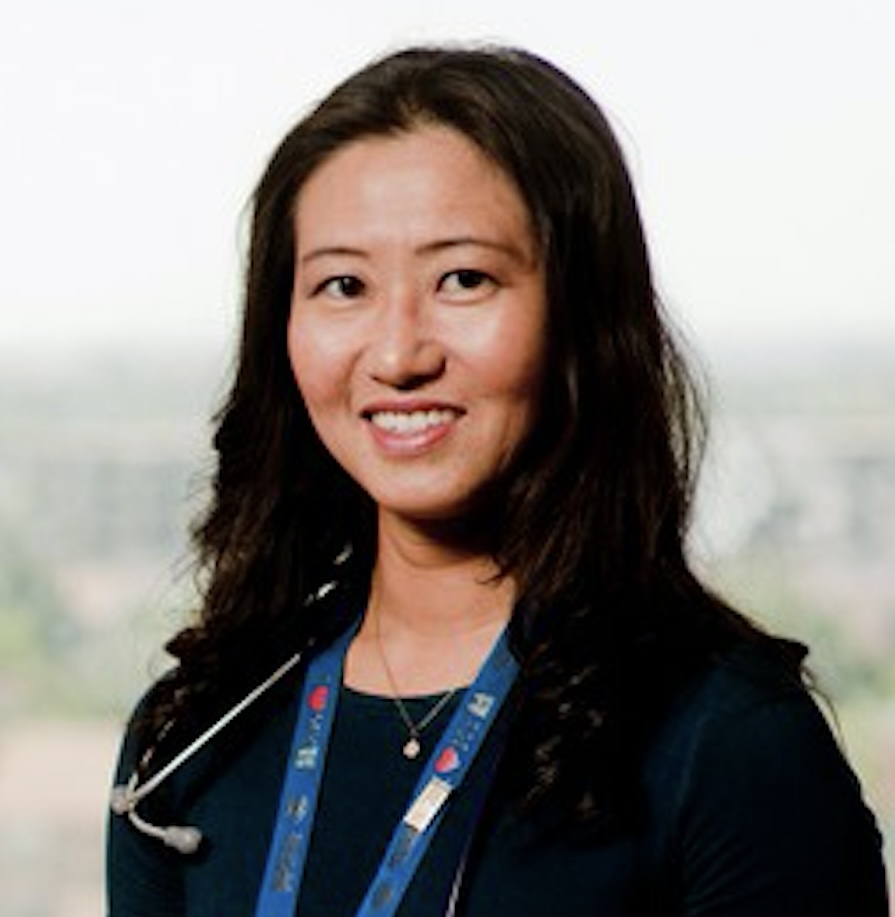

“My hope for the future of health care is to see better co-ordination and continuity of care. My colleagues and I have seen the impact of the COVID-19 pandemic on practising hospitalists. It is imperative that we consider the needs of both the hospitalists as acute-care physicians and patients as receivers of health care in hospitals. I am making changes in my own practice through my leadership roles by finding ways to support health-care providers in co-ordinating care with allied health and community partners, and in optimizing transitions of care between physicians. The overarching goal is to minimize burnout and to enhance engagement of physicians, which in turn allows them to provide high quality of care to hospitalized patients and facilitate their return to the community setting.”
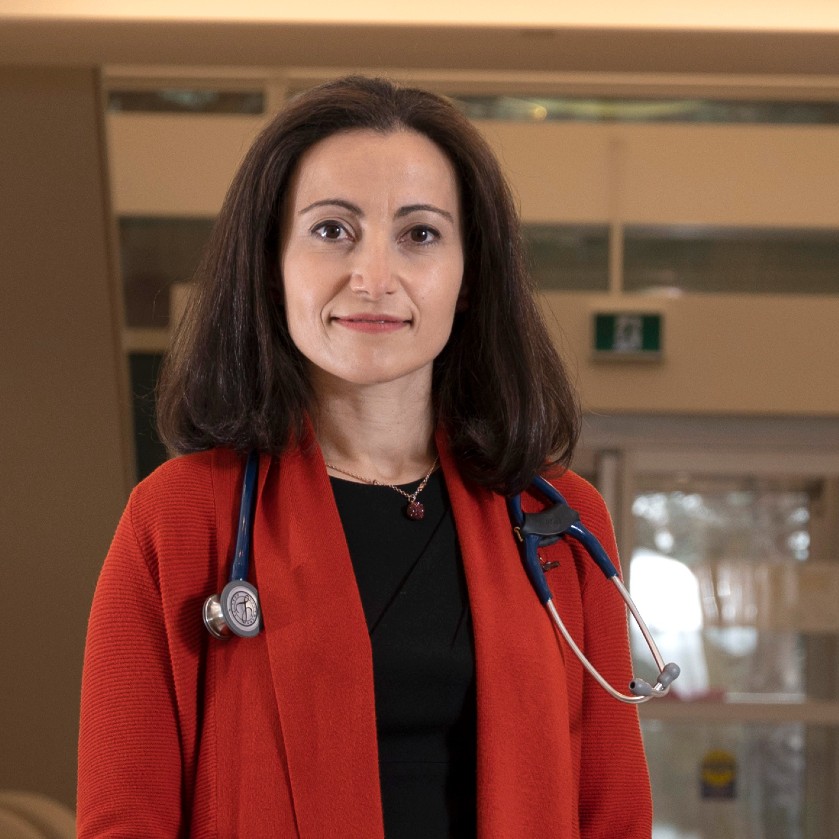

“The future of health care will move toward improving access for patients and incorporating technology to improve both patient and physician experience. We will have a particular emphasis on improved efficiency, so care teams can access diagnostic tests and interventions in a timely manner. Ultimately, our health system will highlight and encourage public health efforts in all domains so that together, as a society, we work toward prevention of diseases and not simply remediation. Our medical system will become increasingly cognizant of the environmental impacts of our tools and ultimately will work toward greener options that protect our planet and reduce medical waste. Awareness of our goals is but the first step. Creation of small, sustainable changes will ensure that in the next decade, this vision becomes a reality.”
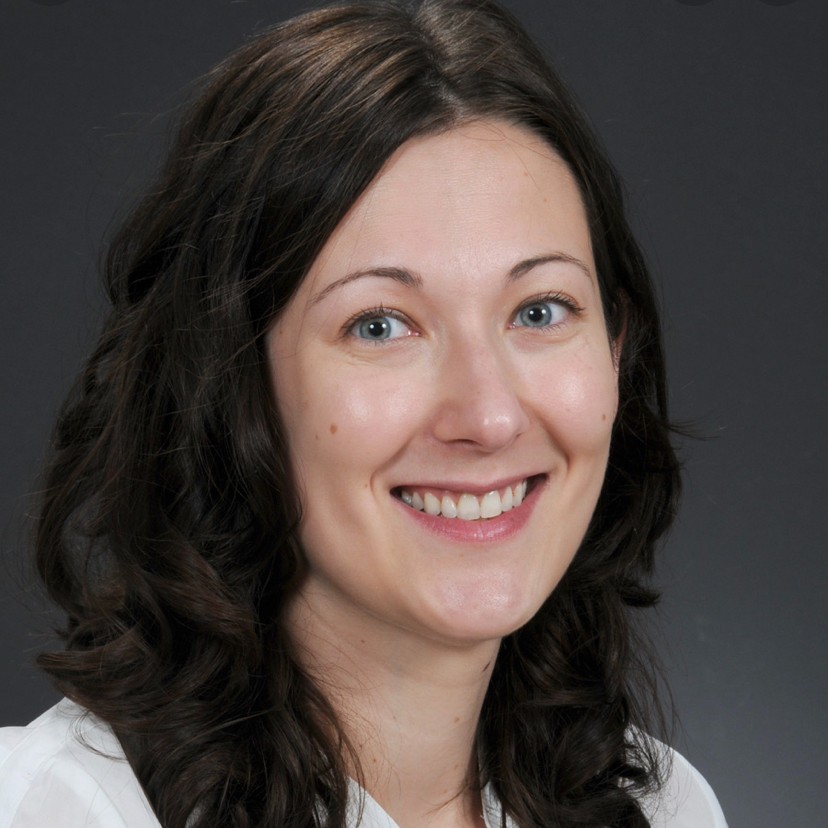

“The pandemic has presented an opportunity to decrease barriers to care for genetics patients. Typically, we serve wide catchment areas and, in the past, patients travelled to our centres of practice for consultations and blood draws. The pandemic has led to the introduction of virtual codes for consultations, especially phone codes for patients without reliable access to technology, coupled with the ability to do sample collection by way of non-blood samples or community laboratories. This means patients can access genetic services from the comfort of their own homes and communities. It is my hope that we can continue to provide this option and deliver excellent genetics care in a manner that is accessible to all patients.”


“My hope for the future of obstetrics and gynecology over the next decade is to see balance and equity in the gender health gap. I’d also like to see more women physicians take on leadership roles within our administration. Eighty-five per cent of our OB/GYNs are female but many of our administrative roles are held by our male counterparts. We need to bring balance to representation while acknowledging the contribution made by all physicians. Lastly, as a leader in my specialty, I want to work collaboratively to improve fee codes to properly reflect our contributions to the health of women in Ontario.”


“The biggest issue patients face today is the lack of timely access to health care. Anesthesiologists are committed to delivering the best care for patients before, during and after their operations, including treatment of acute and chronic pain. The OMA’s anesthesiology section is advocating for better health human resource planning and innovative, yet safe, models of peri-operative care. Through projects like SolvingPain.ca, which serves as an online resource for all physicians, we are striving to reduce the burden on the entire system. There is no one solution and my hope is that everyone will work together to ensure that patients get timely access to the care they need.”

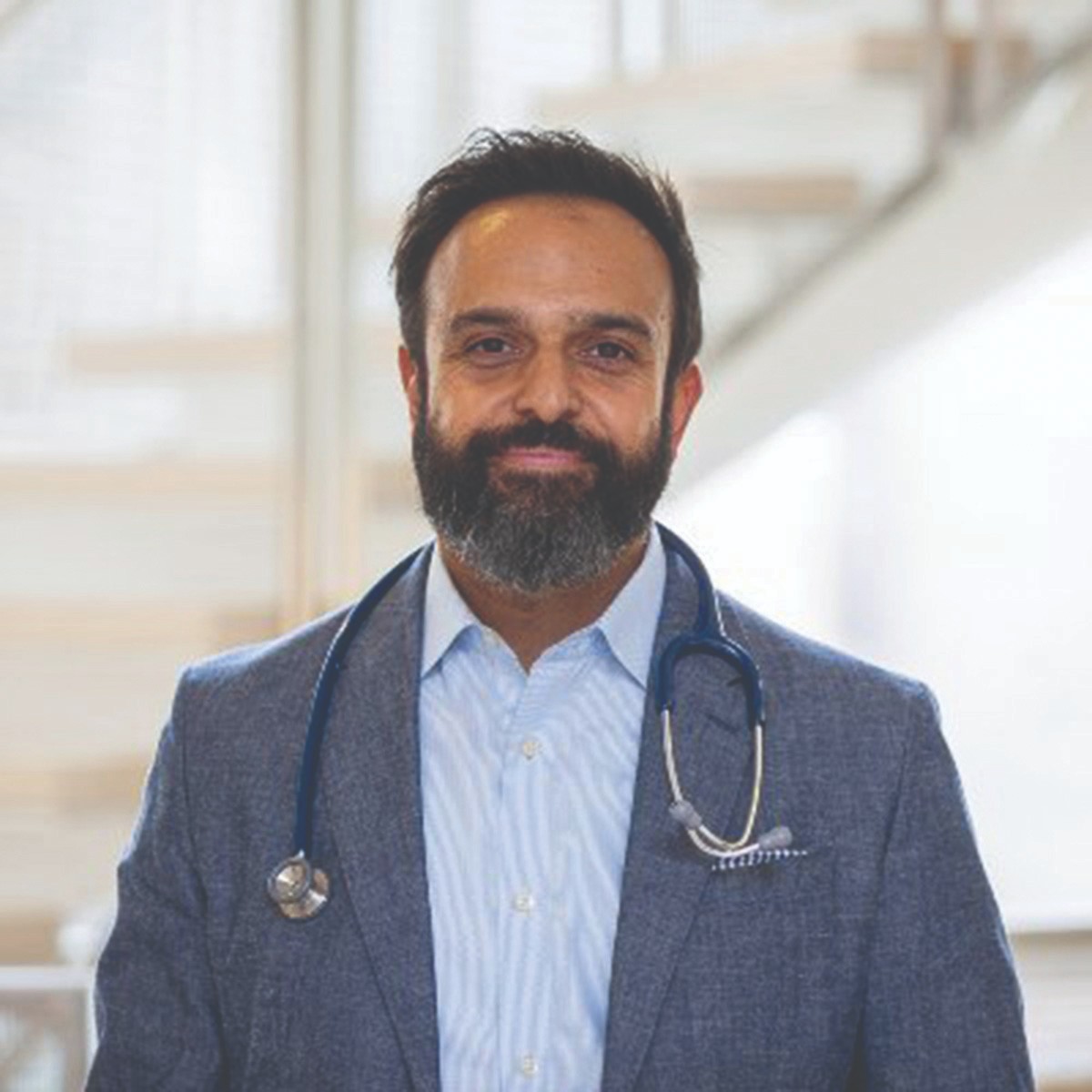
Dr. Malini Dave, Member, Dr. Ripudaman Minhas, Member
“We truly believe high-quality health care must be timely, effective, efficient, equitable and patient-centred. Effective health care requires a collaborative and co-ordinated team approach across different sectors. Children and youth make up a minority of the country’s population but play a major role in the country’s future. We have a responsibility to ensure their good health. We practise in a group setting to ensure that our patients have increased access to pediatric care. We actively participate in education of medical students and residents. We increasingly collaborate with allied health services, especially with members of the education sector, to advocate for our patients. We are taking steps to ensure our presence where health-care decisions for children are being made.”


“Family doctors are primary care specialists and the cornerstone of health-care teams. In the coming years, I hope that the one million Ontarians without a family doctor, and the 75 per cent of Ontarians excluded from government-funded Family Health Teams, gain access to a team-based family doctor. Family doctors require additional support by streamlining documentation, improving work-life balance, integrating seamless digital health and wellness tools, and receiving fair and equitable compensation for all facets of our work. If these hopes for sustainability are dashed, I predict an escalation of burnout and a continued exodus of family physicians from the profession.”


“The practice of public health and preventive medicine is about keeping people well and reducing health inequities. Optimal health is a human right that is enabled through healthy environments and healthy public policies. Healthier people are also less reliant on the health-care system. The pandemic response showed that public health, acute care, primary care and long-term care are interdependent and renewed investment in disease prevention, health protection and promotion is essential. Public health has demonstrated that it is prepared to work with our local health system partners to optimize health, not only provincially but also in your neighbourhood.”


“It is vitally important that all Ontarians have access to equitable, universal, around-the-clock, high-quality palliative care. Patients suffer in our current postal code lottery. Where you live should not dictate the limits of the palliative care services to which you are entitled. We must continue to fight for adequate funding to ensure that high-quality palliative care systems and compassionate communities can exist everywhere. Governments need to understand that investing in palliative care enables choice in a patient’s place of care, saving health-care dollars and freeing up needed hospital beds. Palliative care is everyone’s responsibility.”
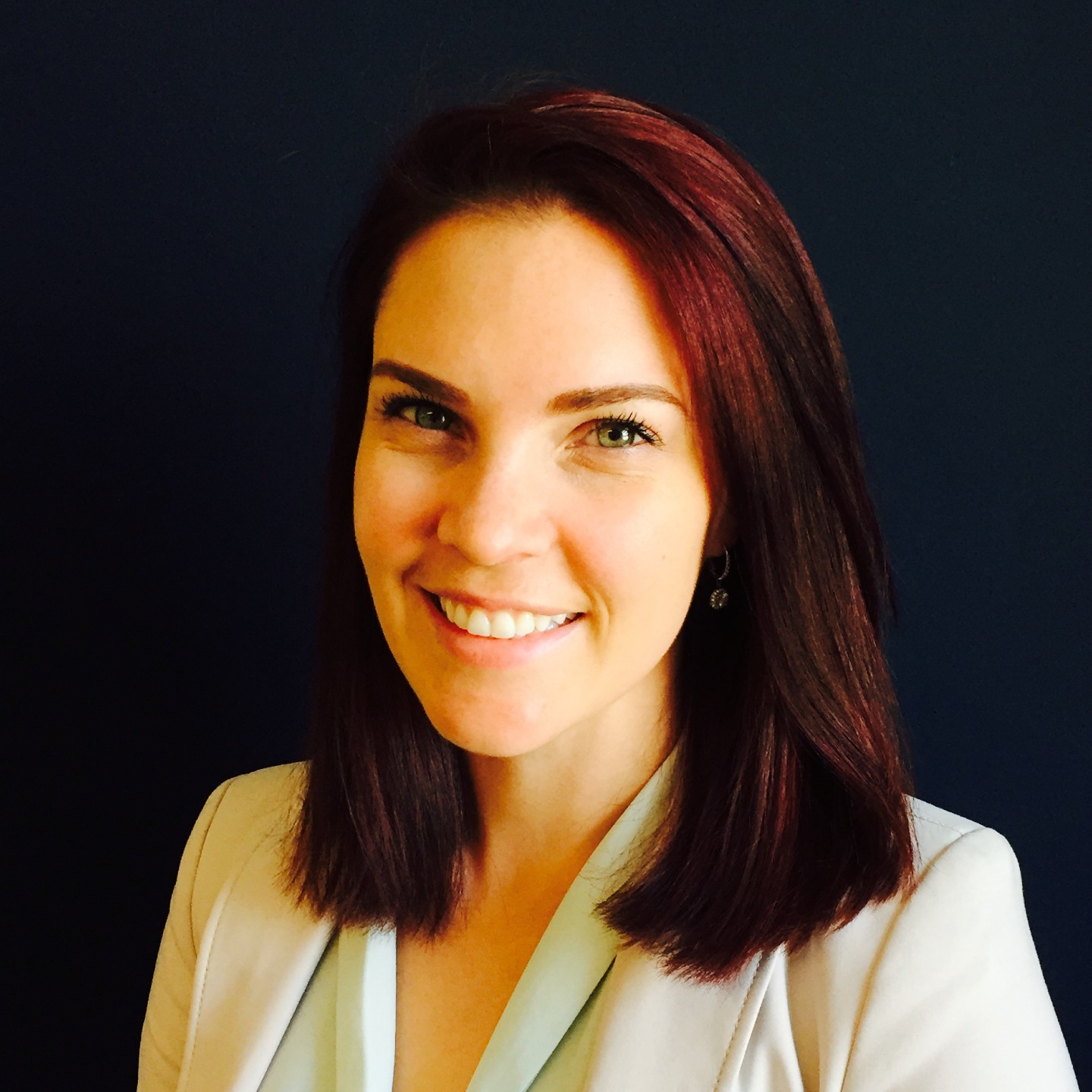

“My hope for the future of health care is a more preventive approach to reduce the risk of acute medical events and improve functionality and independence as our population ages. With respect to patients with chronic disease, continuing to counsel and provide tools for medical nutrition therapy and regular physical activity can reduce the burden of disease. Earlier treatment of diabetes and recognition of adiposopathy as a disease contributor are important to address underlying physiology that contributes to morbidity and mortality. Helping patients develop habits they can pass on to their family members will improve population health as a whole.”
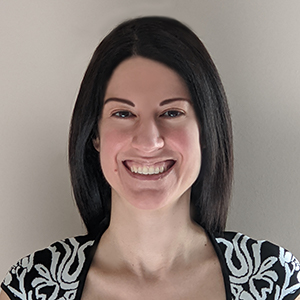

“My hope for the future is to continue offering strong mental health care across the range of treatments, from psychotherapy to medication management, so as to meet the clinical needs of Ontarians. There has been increased access to care, especially for under-represented/marginalized populations, with accelerated advances in virtual appointments since the start of the COVID-19 pandemic. As the technology evolves, so too can our optimization of delivering timely care.”